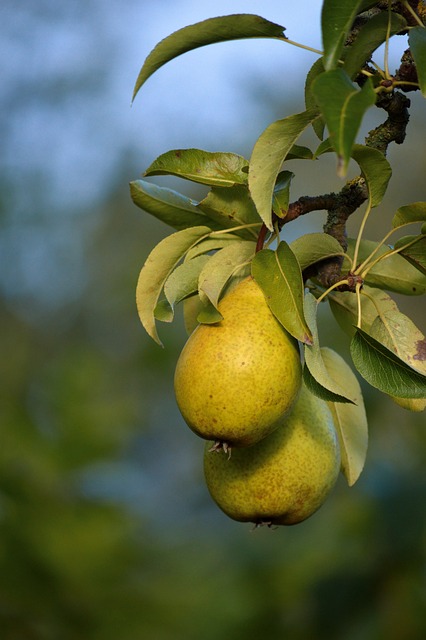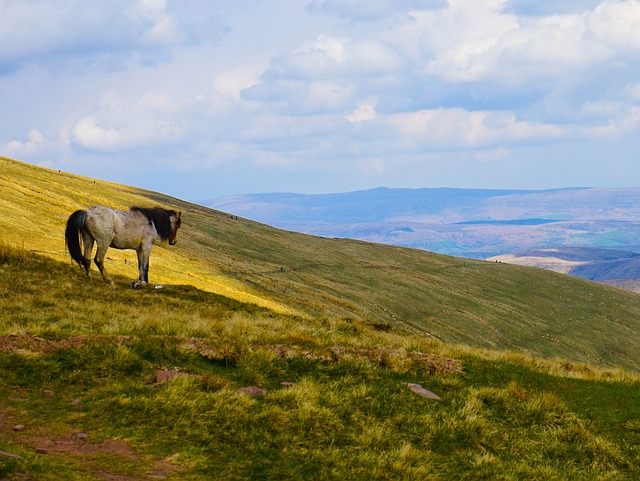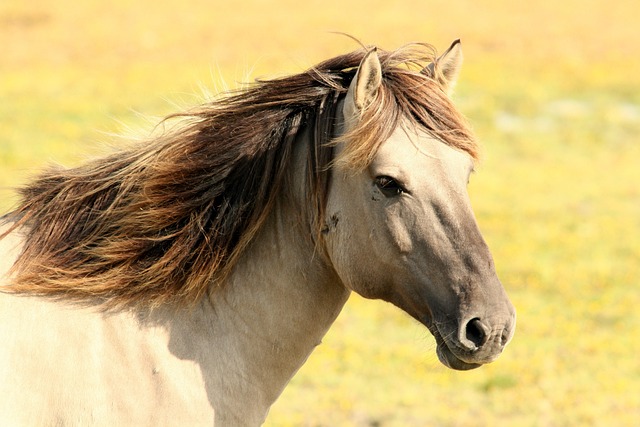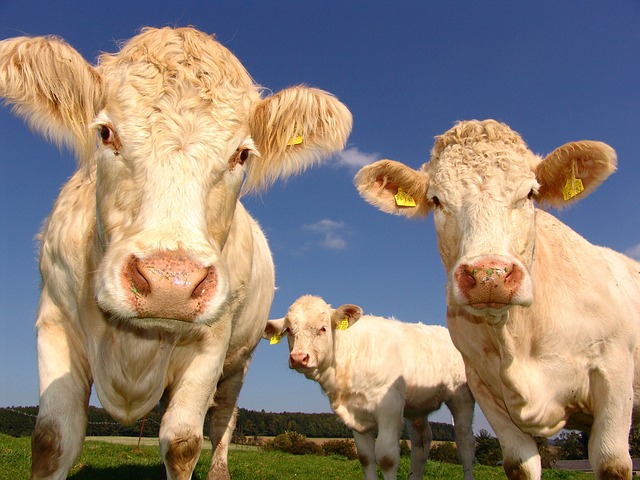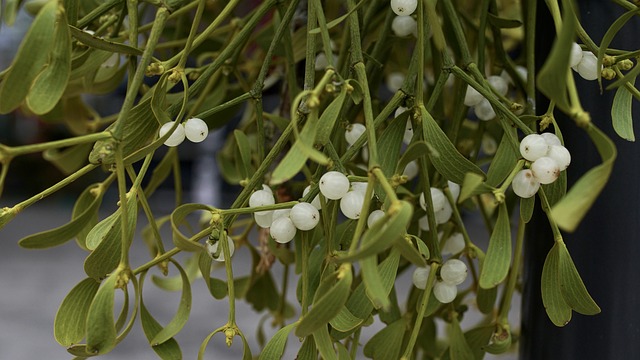
Mistletoe
February 2, 2023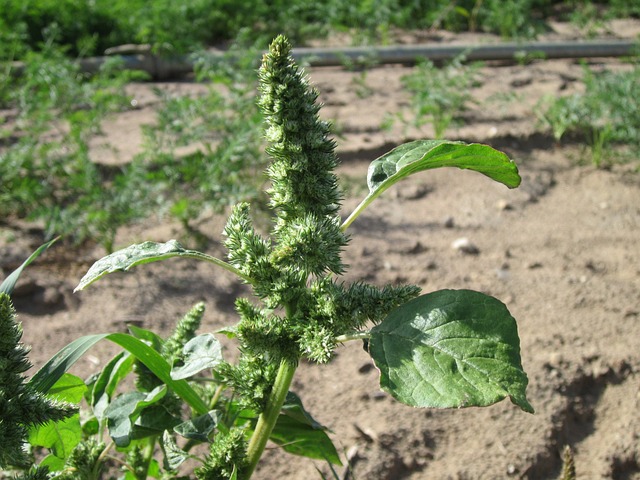
Pigweed
February 2, 2023Pear trees are a common sight in the UK, and are grown both for their fruit and as ornamental trees. While pears themselves are not toxic to horses, certain parts of the pear tree can pose a risk to their health.
The leaves, stems, and seeds of pear trees contain cyanogenic glycosides, which can release toxic hydrogen cyanide if ingested. In horses, ingestion of cyanogenic glycosides can cause symptoms such as colic, respiratory distress, and a rapid heartbeat. In severe cases, it can lead to death.
It is important to note that the risk of toxicity from pear trees is highest in young, freshly cut foliage, and during periods of stress, such as drought. As such, it is essential to be cautious when allowing horses to graze in areas where pear trees may be growing, and to remove any fallen leaves or branches promptly.
To protect horses from the toxic effects of pear trees, it is important to be aware of their presence in pastures and to remove any fallen leaves or branches before they can be ingested by horses. If you are planting pear trees in your garden, it is important to place them in an area where they will not pose a risk to horses, such as in a raised bed or in a location that is not accessible to horses.
In conclusion, while pears themselves are not toxic to horses, certain parts of the pear tree can pose a risk to their health. It is important to be aware of the presence of pear trees in pastures and to take steps to protect horses from exposure to their leaves, stems, and seeds. If you suspect that your horse has ingested any part of a pear tree, seek veterinary attention immediately, as prompt treatment is crucial for the best outcome.

